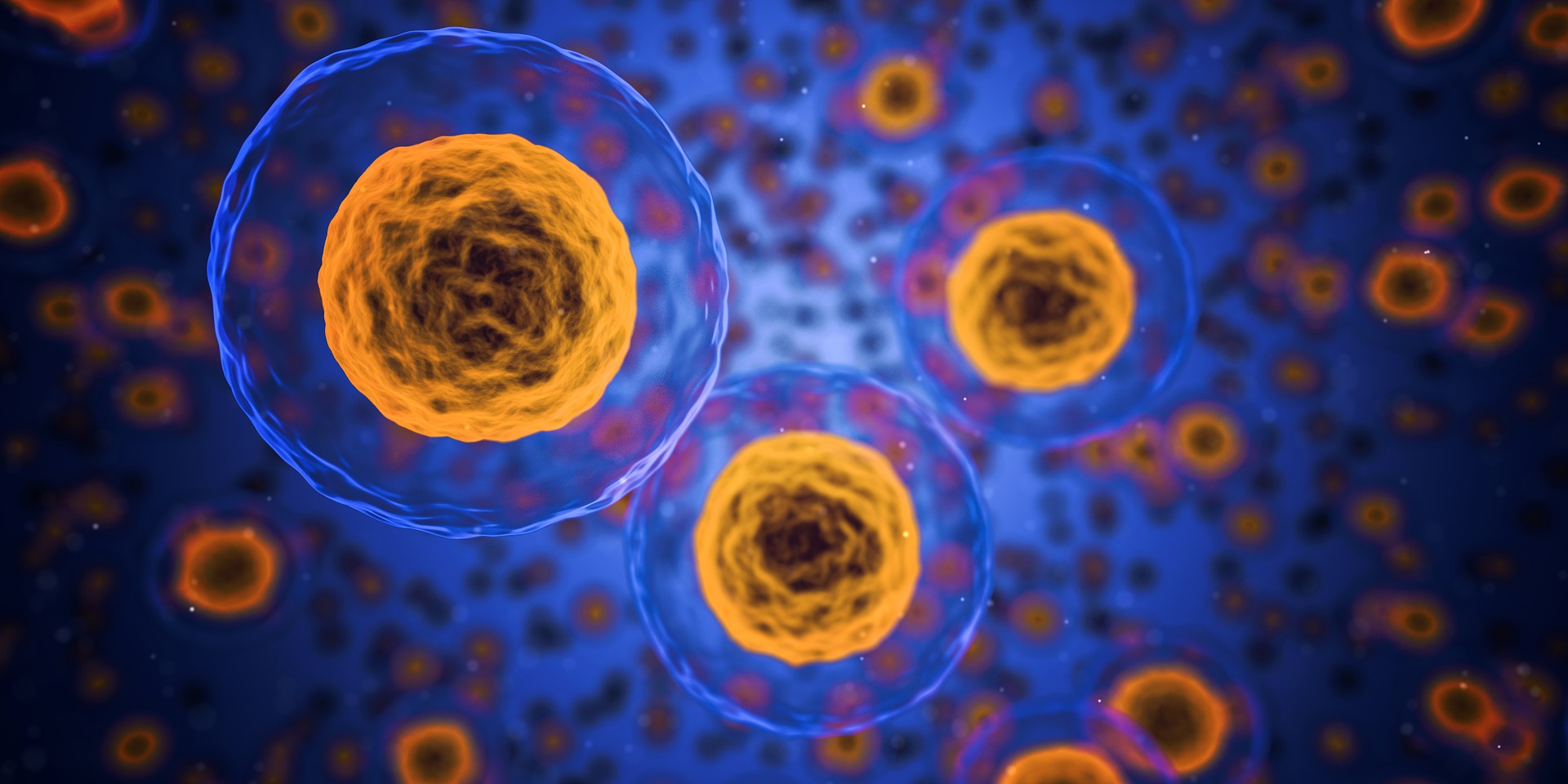Melbourne scientists have developed an entirely new treatment for fighting cancer.
Published in the journal Nature yesterday, the research has found that a new drug can put cancer cells into a permanent state of sleep.
Associate Professor Anne Voss and Associate Professor Tim Thomas from the Walter and Eliza Hall Institute of Medical Research led the study, in association with the Monash Institute of Pharmaceutical Sciences and Cancers Therapeutics CRC.
The researchers said there is a critical difference between this new treatment and standard cancer therapies.
Current treatments cause irreparable DNA damage to the cancer cells, and have side-effects including nausea, fatigue, hair loss, infertility and an increased risk of other cancers developing.
Voss says the new drugs target the cells without these harmful side-effects.
“This new class of compounds stops cancer cells dividing by switching off their ability to ‘trigger’ the start of the cell cycle,” she said.
“The cells are not dead, but they can no longer divide and proliferate. Without this ability, the cancer cells are effectively stopped in their tracks.”
Voss said there is still much more work to be done before human cancer patients can use the drug.
“Our discovery suggests these drugs could be particularly effective as a type of consolidation therapy that delays or prevents relapse after initial treatment,” she said.
The decade of research is the result of collaboration by researchers, PhD students and medicinal chemists over three organisations.
Professor Baell of the Monash Institute believes the research is promising.
“…we are excited to have developed a potent, precise and clean compound that appears to be safe and effective in our preclinical models,” he said.
“Our teams are now working on developing this compound into a drug that is appropriate for human trials.”







